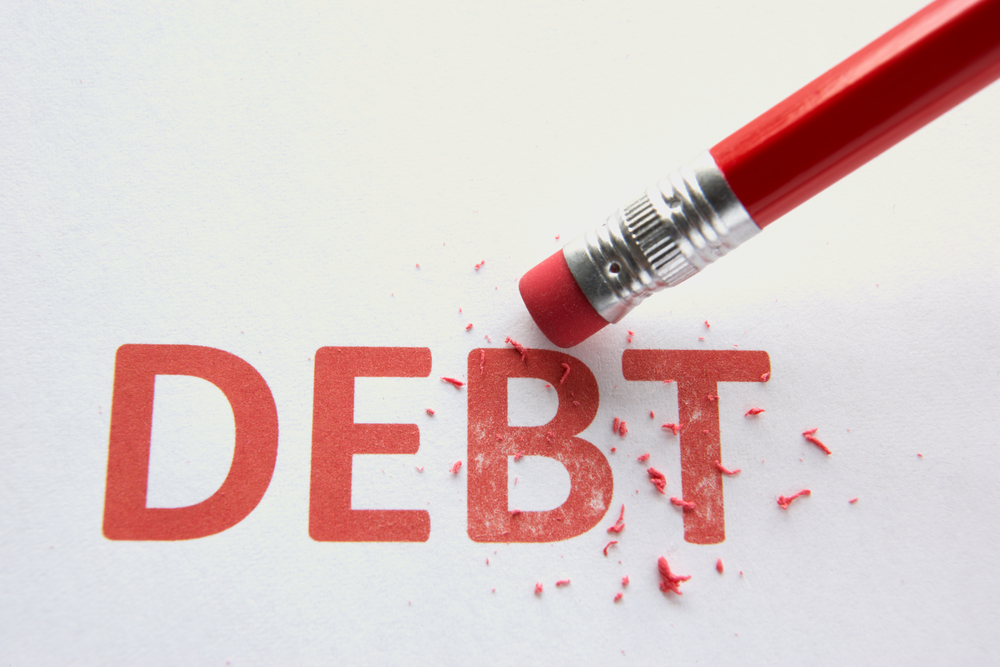Credit Cards & Loans
Debt Awareness Week: How to get on top of your finances

Guest Author:
Emma LunnIt’s Debt Awareness Week, with a raft of experts on hand to offer help on budgeting and dealing with money worries.
With the cost-of-living crisis piling pressure on household finances, 2023 is set to be a financially challenging year for many.
Whether you are worried about getting into debt or trying to pay off existing debts, here are six tips to help you deal with it:
1) Create a budget
The first step to taking control of your finances is to create a budget, which includes an overview of your income and outgoings.
Jonathan Watts-Lay, director of Wealth at Work, said: “Firstly, check your bank statements to determine your monthly income and what outgoings you have. Then, make a list of these monthly outgoings i.e. mortgage or rent, energy bills, debt, car insurance, eating out and groceries, regular subscriptions etc. This will highlight where your money is going and where savings could be made.”
2) Decide which debts to prioritise
If you have debts, try to pay off priority debts such as mortgage or rent arrears or council tax first. Not paying these can have serious repercussions.

Why Life Insurance Still Matters – Even During a Cost-of-Living Crisis
Sponsored by Post Office
Next, tackle your most expensive debts. For example, a credit card debt of £3,000 with a rate of 18% APR, could take 10 years and 10 months to pay off if you pay £50 a month, with a total interest bill of £3,495. If you increased the monthly payment to £100, the debt would be paid off in three years and four months, and the interest paid would fall to £908.
With credit card debt, you can save a lot of money by transferring your debt to a card charging 0% interest on balance transfers where possible.
3) Consider consolidating debts
If you owe money to several different lenders, then a debt consolidation loan could help. This means using money from a new loan to pay off existing debts and bringing all your debts together into one place with just one monthly payment to make.
“It can also help reduce the total amount of interest you pay on servicing existing debt and, depending on personal circumstances, could be a good way to reduce the size of your monthly repayments,” says Craig Bundell, Help me Borrow director at Tesco Bank.
Bundell added: “The total amount of interest repayable over the life of the borrowing should always be considered alongside this. It’s important to seek financial advice if you’re unsure whether this financial product is right for you.”
4) Talk about money
For many, talking about money and debt is a taboo subject and it can be difficult to bring up these topics in conversation. However, not communicating about it could also lead to struggles later on.
“Whether it’s talking about financial goals with a partner, or money mistakes and difficulties with loved ones, being honest and open about your financial situation could take some weight off your shoulders and allow you to feel more in control,” Bundell said.
He added: “Preparing in advance what you want to say and structuring your thoughts can be an effective way to ease into conversation.”
5) Be a savvy shopper
There are several things you can do to reduce the price of things you need to buy.
For the weekly food shop, plan your shopping list in advance so you have time to search for the best deals and reduce expenditure on non-essential items. Switching brands – or supermarkets – can also reduce costs.
According to Wealth at Work, buying cheaper brands can typically cut grocery bills by 30%, so for a person who normally spends £60 a week on food, this could be cut down to about £40. That equates to a saving of £1,040 a year.
Watts-Lay added: “Discount vouchers are often available through voucher and discount websites and many workplaces offer employee discount schemes with major retailers. Five or 10% off your shop can make a huge difference, especially for big purchases such as if you need to replace a broken washing machine.”
6) Cancel auto-renewals
Many insurance policies for car, home and travel automatically renew each year. But you might be paying more than you need to if you allow this to happen.
To ensure you get the best deal and avoid any potential price hikes, find out when your contract is due to end and make a note in your diary for a few weeks earlier. This will ensure you have plenty of time to shop around, use price comparison websites or negotiate where appropriate.